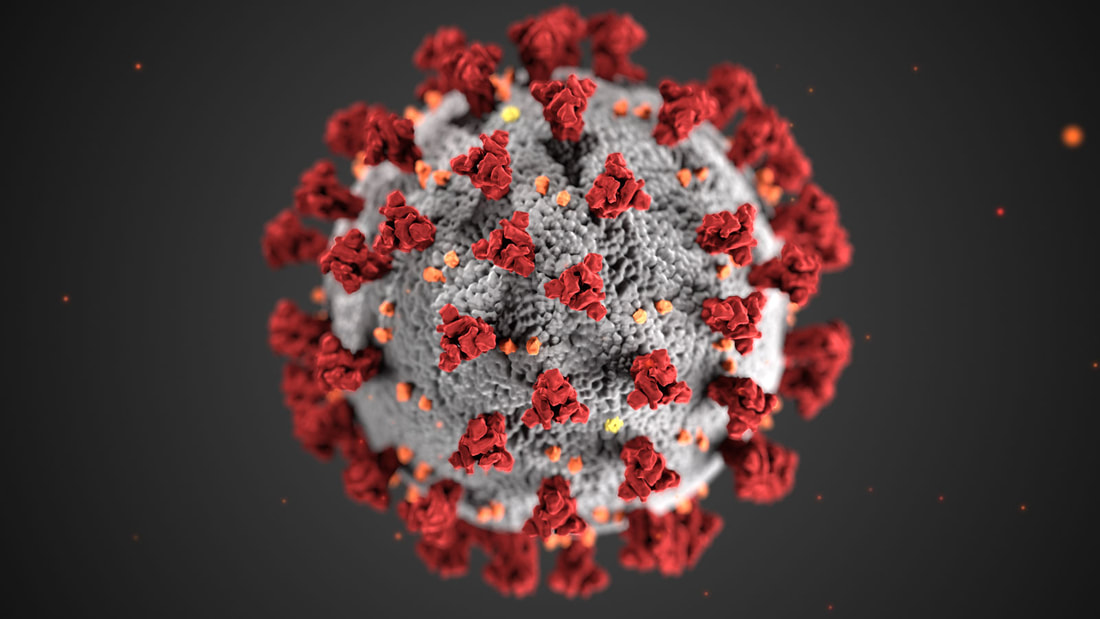|
By: Sophia Deen We all know that COVID-19 has deprived our ability to socialise (as well as we used to) or high-five and touch hands, but some people have made greater losses through this pandemic.
A recent study by Columbia University found that 8 million Americans have fallen into poverty since May 2020. The federal poverty level of a family of four earns $26,200 (or less) in a year. The federal CARES act gave Americans a one-time cheque of $1,200 and unemployed workers $600 a week, which was successful for a while until poverty rose after the aid diminished. Negotiations for new aid packages are still being discussed, but many Americans—predominantly among minorities and children—are not expecting relief for the near future. Low-income college students, who many already had financial and time management issues above their studies, have also taken a hit. Online learning is nowhere near the same experience as in-class learning, and although schools have been trying their best to maintain a safe substitute, it doesn't work the same way. Many students have noted that ‘Online school feels optional- though it isn’t’--which isn’t completely their fault. Many students who resorted to going back to their family’s houses have been given burdens above education, as many parents believe that their presence allows them to help around the house more. Some university students travel abroad for schooling, and going back home means a change in time-zones, causing them to take classes in the middle of the night where they aren’t in the correct state of mind to study. Many college students struggle to find housing at all, and if rent was an issue before, it just got harder. There are many obstacles they are forced to face, from trying to find a steady internet connection to dropping out because tuition costs aren't affordable (especially after many students lost their jobs). In response to the pandemic, some colleges and universities have increased financial aid for students who have taken hard hits through the pandemic. A federal stimulus package was made to provide $7 billion for student expenses, but that has been depleted. Mental health is often not prioritised, but through the pandemic, many people have been reluctant to focus on themselves. Whether you're an essential worker facing the virus head-on, someone who has been forced to change your routine as a student or employee, or just feeling the weight of isolation at home, everyone is experiencing different day-to-day challenges. Though some people have taken initiative and begun to use this time to be productive, being locked at home can have a large effect on anyone, especially those with existing mental and physical health conditions. Though it may not seem like much, movement through the day has been restricted and exercise (or any movement in general) can help clear your mind or even improve your mood by mimicking productivity. Anxiety and distress are often increasing when hearing news about current events, so finding a hobby or getting into a routine can help with the adjusting period—though keeping up with the news is a good way of knowing and understanding what happens around us. Many of us have lost our breaks and moments where you treat yourself, which are essential to keep yourself functioning. Reminders to take care of your mind and checking up on yourself can benefit everyone during this time. Joining clubs, support groups, or even finding new friends online could improve your mood and your health. November 3rd is a special day for many Americans, and due to social distancing voting will be difficult for many. Mail-in ballots have strict rules to make sure they are valid: voters must use blue or black ink, avoid any damage to the paper, ensure the writing is readable and hand it in on time. Above that, some states make it harder to vote during the pandemic. Republican officials in Texas have refused to allow voting using mail-in ballots to all except people 65 years (or older), sick or disabled, out of the country on election day, or confined in jail. This limits most voters to voting in person, risking exposure to Covid-19. Though the ups and downs of the pandemic have taken a toll on our lives and emotions, we should count our blessings and make sure we focus on our well-being and health.
0 Comments
Leave a Reply. |



 RSS Feed
RSS Feed
